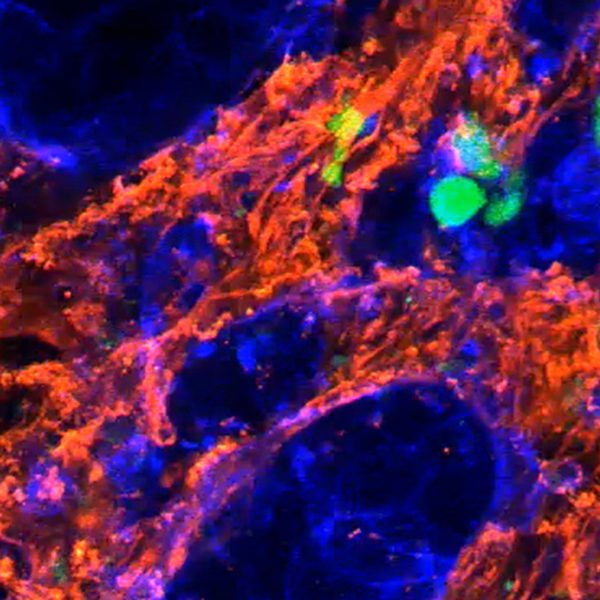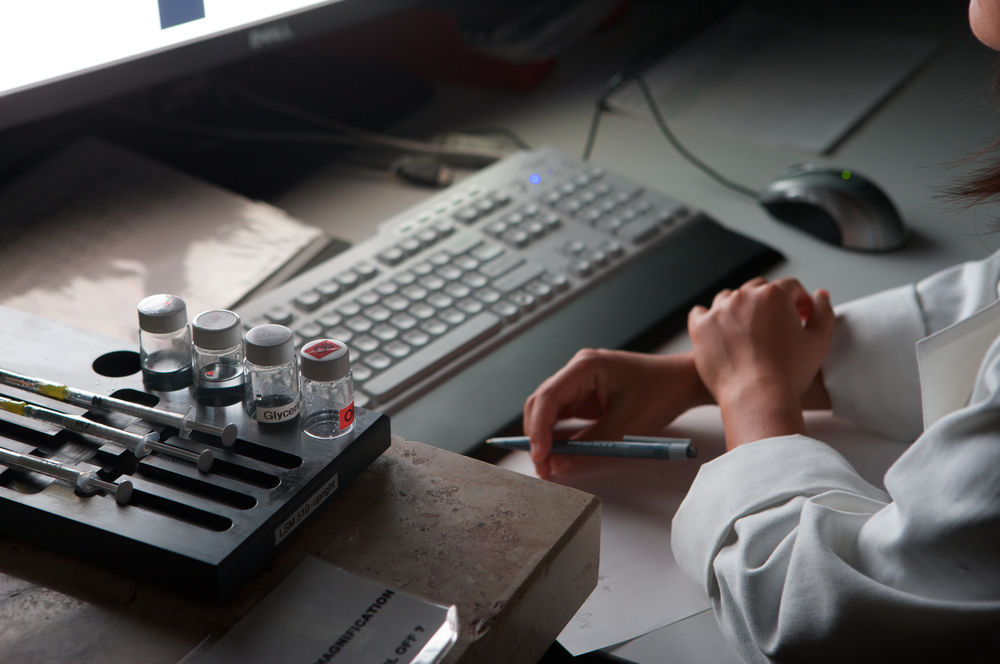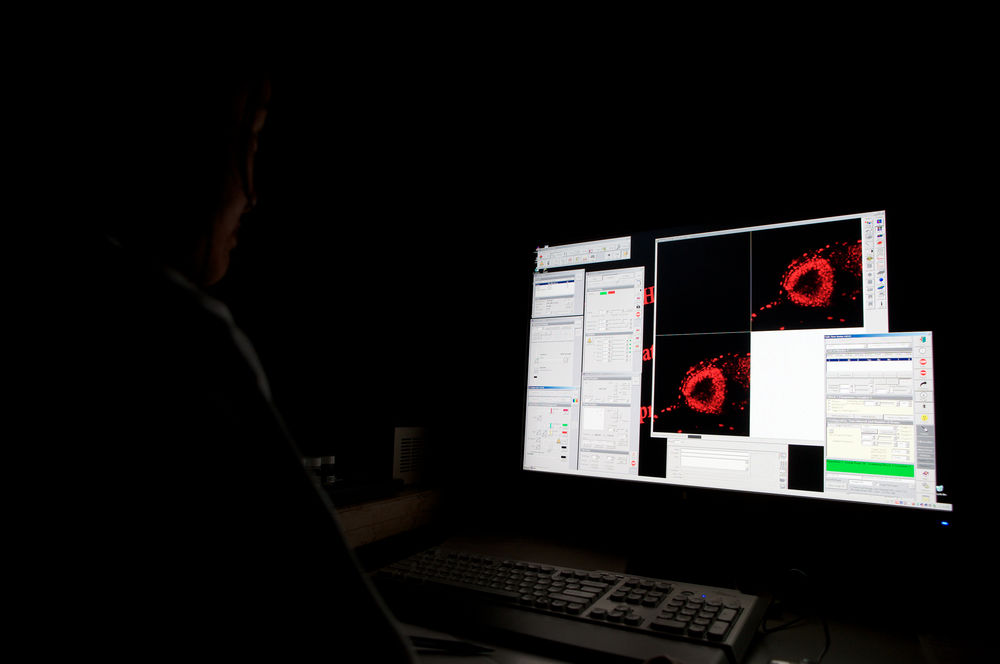Interdisciplinary facilities and other structures
… of the research fields in ‘Signals of Life’:
Communication of Cells
Development and Cure of Diseases
Brain and Intelligence
Collaborations
… of the research fields in ‘Signals of Life’:
Communication of Cells
Development and Cure of Diseases
Brain and Intelligence
Selected collaborative projects and individual funding
… of the research fields in ‘Signals of Life’:
Communication of Cells
Development and Cure of Diseases
Brain and Intelligence
Cluster of Excellence EXC 2189: CIBSS – Centre for Integrative Biological Signalling Studies
CRC 1597: Small Data
Emmy Noether Junior Research Group: The Developing Engram – Imaging Memory Consolidation in Wakefulness and Sleep
Emmy Noether Junior Research Group: Efficient Learning for Transferable Robot Autonomy in Human-Centered Environment
Emmy Nother Junior Research Group: Robust Computer Vision through Neural Analysis-by-Synthesis with 3D-aware Compositional Network Architectures
Emmy Nother Junior Research Group: Circuit mechanisms of cortico-cortical interactions for visual processing
Carl Zeiss Foundation: Responsable and Scalable Learning for Robots Assisting Humans
ERC Advanced Grant: Deciphering cellular signalling to cure graft-versus-host disease (GVHD) and leukemia relapse (AlloCure)
ERC Consolidator Grant: Intelligent cancer therapy with synthetic biology methods (InCanTeSiMo)
ERC Consolidator Grant: Cell-free reconstitution of autophagy to dissect molecular mechanisms (AutoClean)
ERC Consolidator Grant: (Photo-) Control of Persisters: Targeting the Magic Spot (PP-MAGIC)
ERC Synergy Grant: Switchable rhodOPsins in Life Sciences (SOL)
ERC Starting Grant: Adaptive Immunity in Human Atherosclerosis (ANIMATE)
ERC Advanced Grant: Deciphering the unconventional receptor binding and modulation activity of bat influenza A viruses (BatFlu)
ERC Consolidator Grant: DeepLearning 2.0 – Meta-Learning Qualitatively New Components
EU Project: BioFunctional IntraNeural Electrodes – European Innovation Council (BioFINE)
EU Project: twiN-on-a-chip brAins for monitoring individual sleeP habits – European Innovation Council (NAP)
EU Project: Drug-eluting electrical implant to repair the spinal cord (DREIMS)


